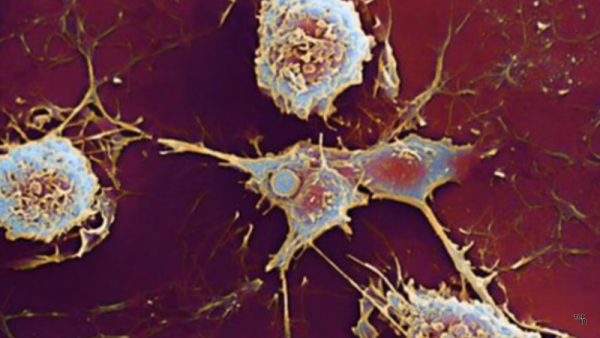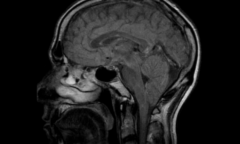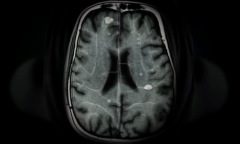By KM Diaz, | April 24, 2017

Multiple sclerosis affects the immune system to destroy the myelin - fatty sheaths that guard the nerves in the brain and spinal cord. (YouTube)
A potential cause of multiple sclerosis has been found by the British scientists. The finding is considered to be a breakthrough in developing a new treatment for the disease.
Approximately 2.5 million people around the world are suffering from multiple sclerosis. The condition is more common among women than men, and most of the patients are diagnosed in their 20s and 30s.
Like Us on Facebook
The cause of multiple sclerosis has been a mystery, but the condition affects the immune system and destroys the myelin - fatty sheaths that guard the nerves in the brain and spinal cord. It could lead to brain damage since the blood supply, and oxygen is reduced. Also, lesions will also occur in the body.
British scientists have discovered a new cellular mechanism that may be the cause the autoimmune disorder. The mitochondria, which are the "powerhouse" of the cells, could play a huge role in causing multiple sclerosis. The study was published in the journal Neuroinflammation.
The researchers from Universities of Exeter and Alberta examined the human brain tissue samples to identify the presence of a protein called Rab32. The protein is present in large quantities in the brain of multiple sclerosis patients, but is absent in the brain of healthy people.
They also found that there is a portion of the cell which keeps calcium becomes close to the mitochondria when Rab32 is present. This will result in the miscommunication of the calcium supply that triggers the mitochondria to misbehave to produce toxicity in the brain cells.
However, the researchers are still uncertain on what causes the undesirable entrance of Rab32, although they assume that the error starts from the center of the cell. Still, this breakthrough could lead researchers to develop an effective treatment that targets Rab32 and to identify if there are other proteins that trigger multiple sclerosis.
According to Professor Paul Eggleton from the University of Exeter Medical School, multiple sclerosis usually affects the speech, mobility as well as mental ability. There's no available treatment for the condition at the moment. By developing different treatments, people with multiple sclerosis will have a variety of medications to choose from
.
-
Use of Coronavirus Pandemic Drones Raises Privacy Concerns: Drones Spread Fear, Local Officials Say

-
Coronavirus Hampers The Delivery Of Lockheed Martin F-35 Stealth Fighters For 2020

-
Instagram Speeds Up Plans to Add Account Memorialization Feature Due to COVID-19 Deaths

-
NASA: Perseverance Plans to Bring 'Mars Rock' to Earth in 2031

-
600 Dead And 3,000 In The Hospital as Iranians Believed Drinking High-Concentrations of Alcohol Can Cure The Coronavirus

-
600 Dead And 3,000 In The Hospital as Iranians Believed Drinking High-Concentrations of Alcohol Can Cure The Coronavirus

-
COVID-19: Doctors, Nurses Use Virtual Reality to Learn New Skills in Treating Coronavirus Patients











